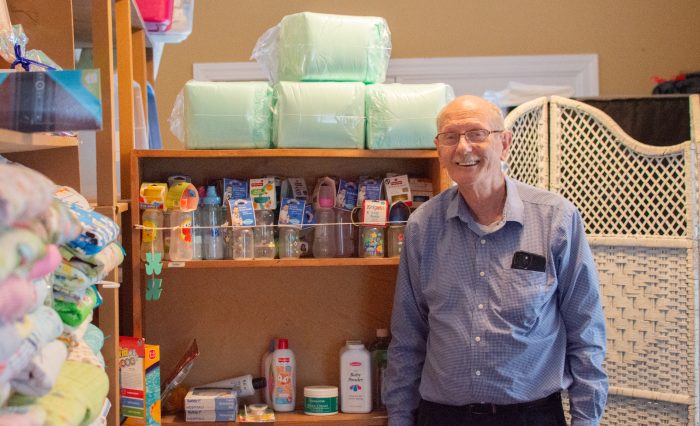CASA training new advocates in February
Published 8:00 am Thursday, December 13, 2018
Addressing a consistent community need, Court Appointed Special Advocates of Southern Kentucky will train new advocates to help children in the foster care system find permanent homes.
CASA volunteers learn a child’s story by talking to family members, foster parents, teachers, medical professionals, attorneys and social workers. They utilize that information to encourage judges during court hearings to consider what the child needs to secure a healthy home, whether it be through adoption or a reunion with the birth family.
Trending
“Nobody wants a safe and permanent home more than a child in the foster care system,” said Shannon Armstrong, the advocate development specialist at CASA of Southern Kentucky. “You’ll be empowered by the court to make their dream a reality.”
Volunteers also spend quality time with the children, participate in case meetings, review case documents and help determine what’s best for the children when presenting opinions to the court – but degrees in law or social work aren’t necessary.
Eligibility requirements include a volunteer commitment of one year, a willingness to donate six to 10 hours each month, attendance at training sessions and a minimum age of 21 years old.
For the winter training, advocate hopefuls will need to attend all four sessions each Saturday in February at the Warren County Justice Center in downtown Bowling Green from 8 a.m. to 4 p.m.
The first session Feb. 2 will introduce the basics of volunteering at CASA and the effect of trauma on children.
Experts with “more insight into the statistics (and) the ins and outs” of the job will speak to the trainees. Among guests, an assistant district attorney will explain how an advocate can contribute to a family court proceeding, and a city school district educator will teach the trainees about how trauma and neglect affect children and “how resilient they are when they’re given the proper compassion and guidance,” Armstrong said.
Trending
On Feb. 9, the trainees will learn about communication skills, poverty and cultural competence – the latter meaning having adequate information to understand a child’s culture different from their own.
Before communicating with the children, the advocates will learn open-ended questions to ask, good things to say and things to avoid.
To learn about poverty, the advocates will gain an understanding that “sometimes there is a fine line between what is neglect and what is poverty,” Armstrong said.
During the third session, trainees will discuss mental health, substance abuse and domestic violence. Those three issues impact “most” if not “almost every single case,” Armstrong said.
The last session will include a discussion on LGBTQ youth. The percentage of youth in foster care identifying as LGBTQ is higher than the percentage of LGBTQ youth in the general youth population. But there are only 13 states and Washington that have laws to protect foster youth from discrimination, according to the Human Rights Campaign, an LGBTQ civil rights advocacy group.
“In places like Kentucky, someone can still put down on their foster application that they won’t take in LGBTQ youth,” Armstrong said.
To conclude the winter session, soon-to-be volunteers will participate in a Q&A session with active volunteers.
“I think the Q&A session is so vitally important to the training process,” Armstrong said. “I think the commitment to CASA can seem a little overwhelming during the training session,” but advocates on average might only spend four to five hours each month volunteering.
After completing the winter session, the trainees will be sworn in as official CASA advocates in March.
“By becoming a volunteer, you are truly making a difference, a lifelong difference, for a child,” Armstrong said.
The deadline to apply for the winter session is Jan. 18. There will be two other training sessions this year during the summer and fall.
– Follow reporter Caroline Eggers on Twitter @eggers dailynews or visit bgdaily news.com.






